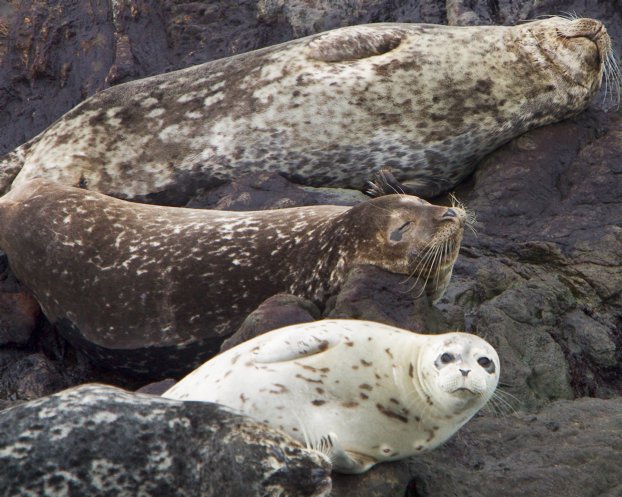ERD50
Give me a museum and I'll fill it. (Picasso) Give me a forum ...
If I am interpreting the data correctly from the latest IPCC (intergovernmental Panel on Climate Change) report, it appears that:
If we continue to burn fossil fuel as we have, we will see a 10-23" rise in sea level (16.5" is the middle of that range).
If we move to a non-fossil fuel based system, we will see an 8-18" rise in sea level (13" is the middle of that range).
There is a lot of overlap in those ranges. So it seems we need to be prepared to adapt to some major changes in the world. And if we decide to take major steps to reduce greenhouse gases, we still need to be prepared to adapt to some major changes in the world.
The impression that I think the media gives, is that if we just put up some solar panels, some windmills, drive a hybrid and use ethanol, everything is gonna be just fine. But it looks to me like it is almost as bad, no matter what we do.
So should we be spending money to reduce greenhouse gases, or to adapt to rising sea levels?
-ERD50
http://en.wikipedia.org/wiki/IPCC_Fourth_Assessment_Report
http://en.wikipedia.org/wiki/Special_Report_on_Emissions_Scenarios
If we continue to burn fossil fuel as we have, we will see a 10-23" rise in sea level (16.5" is the middle of that range).
If we move to a non-fossil fuel based system, we will see an 8-18" rise in sea level (13" is the middle of that range).
There is a lot of overlap in those ranges. So it seems we need to be prepared to adapt to some major changes in the world. And if we decide to take major steps to reduce greenhouse gases, we still need to be prepared to adapt to some major changes in the world.
The impression that I think the media gives, is that if we just put up some solar panels, some windmills, drive a hybrid and use ethanol, everything is gonna be just fine. But it looks to me like it is almost as bad, no matter what we do.
So should we be spending money to reduce greenhouse gases, or to adapt to rising sea levels?
-ERD50
# Scenario A1T - * A1T - Emphasis on non-fossil energy sources.
* Sea level rise likely range [20 to 45 cm] (8 to 18 inches)
# Scenario A1FI - * A1FI - An emphasis on fossil-fuels.
* Sea level rise likely range [26 to 59 cm] (10 to 23 inches)
http://en.wikipedia.org/wiki/IPCC_Fourth_Assessment_Report
http://en.wikipedia.org/wiki/Special_Report_on_Emissions_Scenarios


